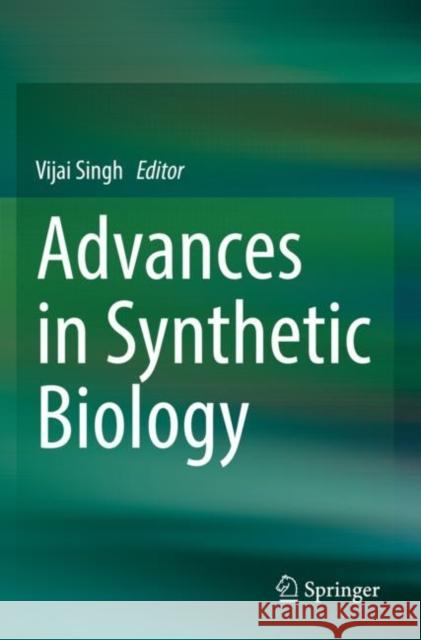Advances in Synthetic Biology » książka
topmenu
Advances in Synthetic Biology
ISBN-13: 9789811500831 / Angielski / Miękka / 2021 / 349 str.
Advances in Synthetic Biology
ISBN-13: 9789811500831 / Angielski / Miękka / 2021 / 349 str.
cena 644,07
(netto: 613,40 VAT: 5%)
Najniższa cena z 30 dni: 578,30
(netto: 613,40 VAT: 5%)
Najniższa cena z 30 dni: 578,30
Termin realizacji zamówienia:
ok. 16-18 dni roboczych.
ok. 16-18 dni roboczych.
Darmowa dostawa!
Kategorie:
Kategorie BISAC:
Wydawca:
Springer
Język:
Angielski
ISBN-13:
9789811500831
Rok wydania:
2021
Wydanie:
2020
Ilość stron:
349
Oprawa:
Miękka
Wolumenów:
01











